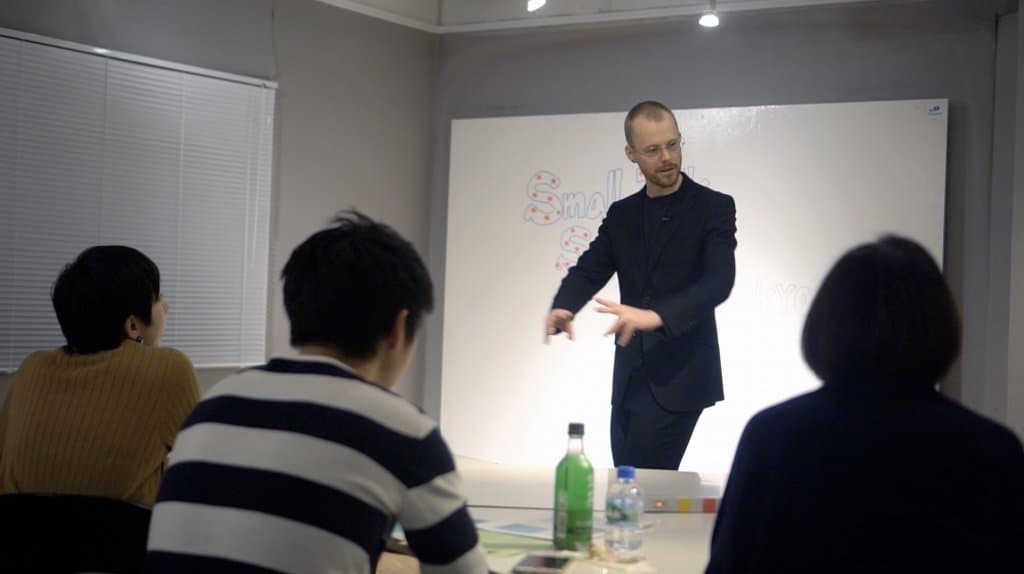What is language?
You’d think this would be an easy question to answer. But it’s not. Far from it.
What do language scientists tell us?
Well, In the 1960s Charles F. Hockett came up with a set of features that characterise human language. We say “human language”, because although clearly animals do have language, it’s clearly not the same as human language.
This is a good starting point.
What are these features?
Originally there were 13, but arguably some of the features aren’t actually necessary for language. Speaking and listening are a great example — sign language does a pretty good job of being “language” without speaking or listening. So clearly they aren’t necessary.
In a nutshell, First a language must communicate meaning. Nothing difficult there.
Second the language itself is arbitrary. What we mean by this is the “words” themselves are just symbols. The words “rock” and “ishi” [Japanese] both describe the same thing — but the symbol is different. Neither symbol is better than the other. They’re just different. And totally arbitrary. I could chose to call a rock a “bligbopper” if I wanted, and it would be the same (though nobody else would understand me!). The sounds of language must fit into district categories. These are different between languages — English has about 40 phonemes, Japanese has about 46, some languages have a lot more, some a lot less — but the number of sounds we produce has to be limited. Language must be able to communicate events which are happening away from the speaker in terms of time and location. Monkey’s, for example, communicate information about predators using distinct sounds. But they only do it when the predator is present — they can’t talk about a predator that was there, or one that a friend saw. Humans can. Finally, languages are “generative” in that a limited number of units, whether words, rules, chunks, phrases, expressions or what have you, can be used to create an infinite number of sentences.
Now, this is a start.
It does a great job of describing the features of language.
But if you ask me it doesn’t get to the heart of the question. While it’s great to know what the features are, just like it’s great to know roses are red and grass is green (unless you’re colourblind… then they’re the same), I still don’t really know what language is.
And here in lies my criticism of academia.
Science has to be exactly, precise and objective. But by doing so, it often sacrifices usefulness.
So in the next email I’ll give you my personal definition.
Cheers,
Julian


